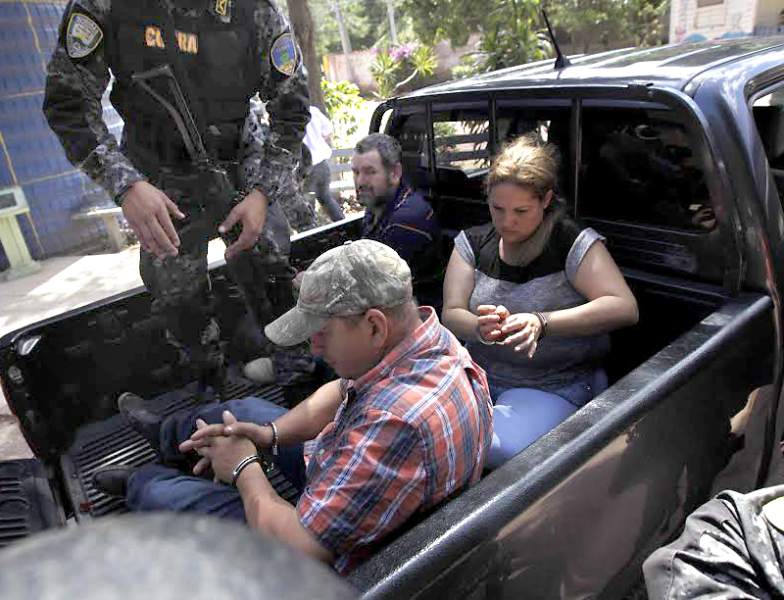Eight of the 19 Honduran drug traffickers wanted by the United States have now been captured, a significant advance for a country so afflicted by drug violence and insecurity, although it is unlikely that Honduras would have made so much progress without being pressured by the US.
As reported by El Heraldo, two drug trafficking suspects have already been extradited to the United States: Carlos Arnoldo Lobo, alias “El Negro,” who was extradited in May, and Francisco Javier Zelaya, an alleged money launderer captured in Mexico and extradited in July.
Another key capture was Digna Azucena Valle Valle, who was arrested in Florida in July this year and is accused of working for the Valles drug trafficking organization.
Five suspects remain in custody in Honduras, as requests for their extradition are processed. Three of these are brothers from the Valles network — Jose Inocente, Luis Alonso, and Miguel Arnulfo, who were all captured within a span of several days — and the fourth is Jose Inocente’s wife. Another suspect in custody, Juving Alexander Suazo Peralta, is an alleged member of El Negro Lobo’s network.
In another joint operation with the US, on October 7 Honduran forces captured a man they said was the head of an as-yet unidentified drug trafficking organization just north of Tegucigalpa, El Heraldo reported. The detainee, Hector Fernandez Rosa, is also wanted by the US.
SEE ALSO: Valles Profile
US authorities still have 11 more Honduran traffickers on their list. Among these are seven alleged members of the Cachiros drug trafficking organization, which was blacklisted by the United States last year. Also wanted are Jose Handal Perez, alias “Chepe” — who ran for Congress in 2013 and was added to the US “Kingpin” list in April that year — along with his father and wife. A fourth Valle brother, Jose Reynerio, also remains at large.
InSight Crime Analysis
The fact that nearly half of the Honduran traffickers wanted by the United States have now been captured is an obvious step forward in a country that has become a hub for organized crime and drug trafficking. What’s more, nearly all the arrests have occurred since President Juan Orlando Hernandez took office at the beginning of 2014.
However, it is worth noting that US support had an important hand in many of these captures. If Honduras is leaning heavily on the US to get the job done, the real issue is whether the Honduran government is building up the capacity needed to effectively combat organized crime should the US begin to withdraw aid.
There have been some other promising signs that things are looking up in Honduras. The government has successfully seized dozens of luxury properties belonging to drug traffickers, while authorities have also touted an increase in cocaine seizures. More recently, Honduras became the first nation to sign a cooperation agreement with Transparency International, committing to increase the government’s efforts to battle corruption.

